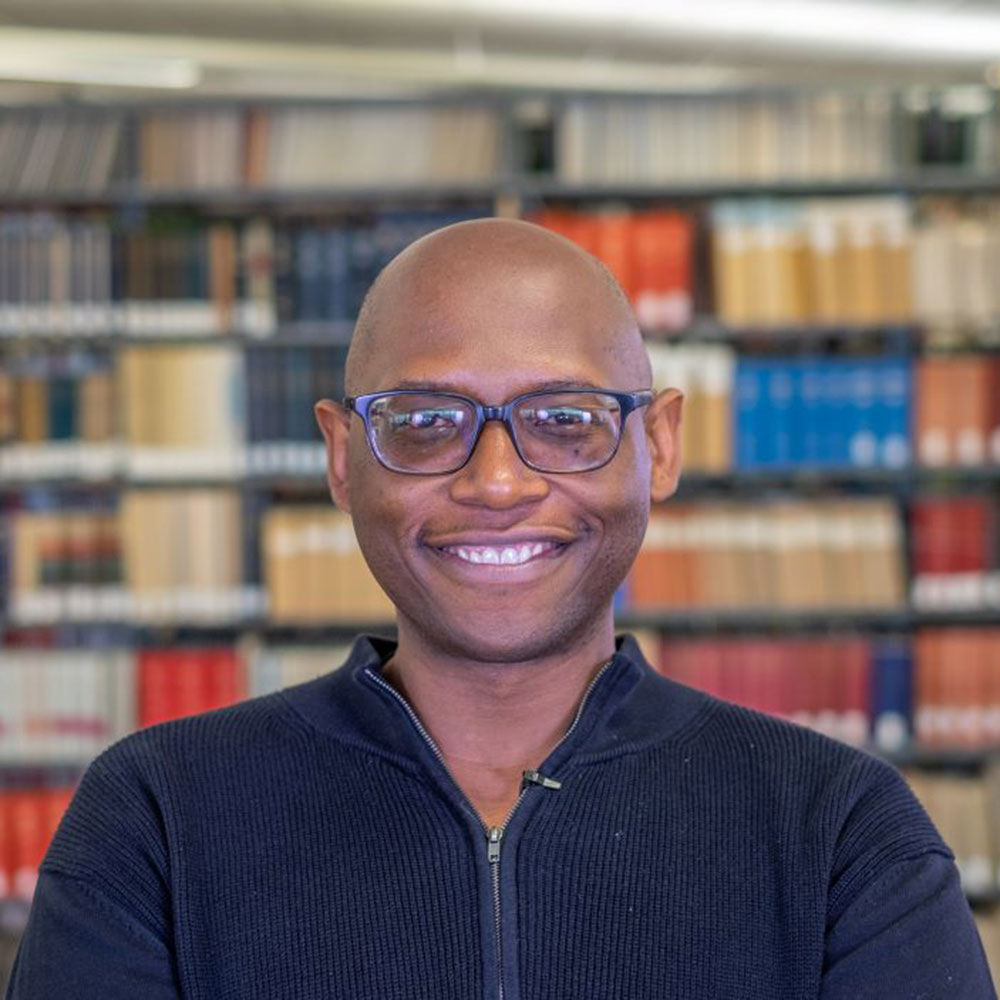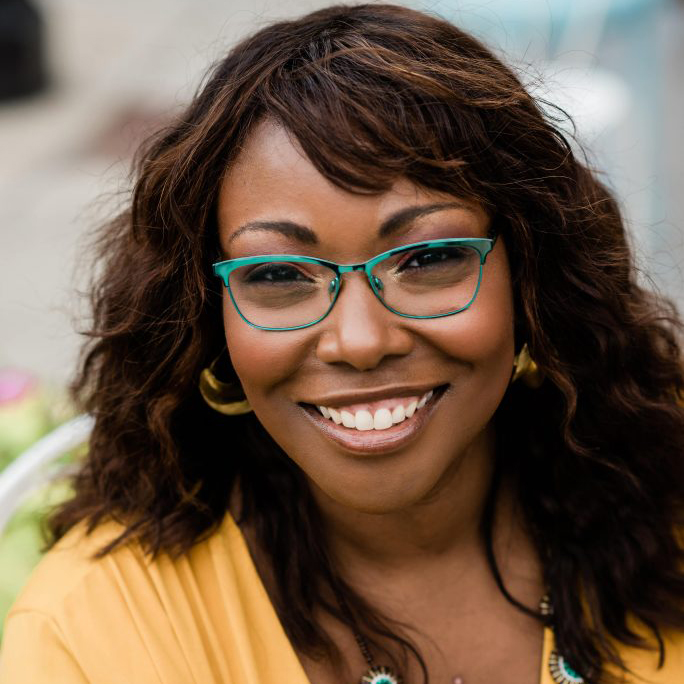Afrofuturism has entered more mainstream conversations in the last decade thanks to its influence on fashion and art, notably in the music of Janelle Monae and in the film “Black Panther.”
However, the idea of Afrofuturism, which often combines science fiction, technology and a Black understanding of liberty, expands beyond pop culture into practice and social action.

To help answer the question of what Afrofuturism is, Michigan State University Professor of English Julian Chambliss talked with experts around the country about the innovative movement for “Afrofantastic: The Transformative World of Afrofuturism,” a new Public Broadcasting Service documentary.
“Afrofuturism is a vehicle for people from many different disciplines to celebrate Blackness and reject the burdens of the past,” said Chambliss, the creator and host of “Afrofantastic.” “One of the things that all of these people share in their visions for Afrofuturism is a more inclusive space that helps and nurtures everyone.”
The 30-minute “Afrofantastic” film will premiere on MSU’s public media station WKAR-TV on June 19, with follow-up broadcasts June 24 and 25. It also will be available on demand in the PBS App, on the WKAR website and for broader distribution to PBS Stations.
A WKAR screening of “Afrofantastic” with a Q&A panel will be held June 15 at 7 p.m. at the Communication Arts and Sciences Building on the campus of MSU.
“The world of ‘Afrofantastic’ is one where thinkers, artists, and community members are coming together to create a compelling new vision of the future, one that embraces Black people and Black culture in a way that previously did not happen,” said Chambliss.
To create the documentary, Chambliss worked with Peter Johnston, digital media and film production manager with the MSU Film Studies program, who helped edit and co-produce the series. They traveled to the first ever Afrofuturism Festival hosted by Carnegie Hall in New York City, New York Public Library’s Schomburg Center for Research in Black Culture in Harlem and the Chicago History Museum in Chicago.
Some of the experts featured in “Afrofantastic” include Reynaldo Anderson, associate professor of Africology and African American Studies at Temple University; Lonny J. Avi Brooks, professor of communication at California State University, East Bay; Dedren Snead, founder of Subsume Studio; and Ytasha L. Womack, author of “Afrofuturism: The World of Black Sci-Fi and Fantasy Culture” and “Rayla 2212.”
“When you bring their perspectives together, you get a much fuller vision of the depth of Afrofuturism,” Johnston said. “I hope viewers gain a basic understanding of Afrofuturism and a curiosity to learn more about it. I’m thrilled to play a part in getting this out to the public.”
MSU Associate Professor of English Kinitra Brooks also shares her expertise in the documentary. Her work focuses on Black women in popular culture in the areas of Afrofuturism, horror and spiritual traditions, including conjure women.
“I think of Afrofuturism as a theory of time in which the past, present and future are conflated together, and they operate as one. And I think it’s a question for Black folks of discovering, recovering the past as well as assessing and deciding what we want to take forward,” Brooks said. “Once we make that assessment, we decide how we want to move into the future and create better worlds, better realities and move toward our own liberation.”
“Afrofantastic: The Transformative World of Afrofuturism” further explores these themes of time and culture along with the ways Afrofuturism contributes to current national and global dialogues around art, politics and social justice.
“Our film is offering a way to think about the Black experience that centers the perspective of Black people,” Chambliss said. “Whatever label we use, the implication is that Black people are seeking a different path, one where greater care and equality are central to the world we live in. The future vision they offer is complex because the problems they seek to overcome are profound.”
This story originally appeared on College of Arts and Letters website.
